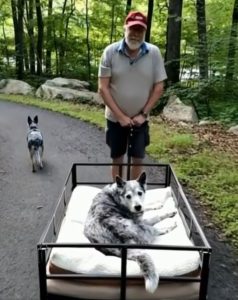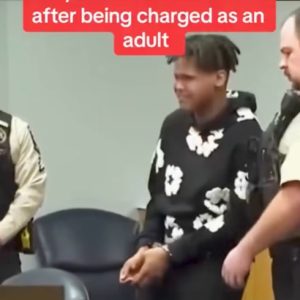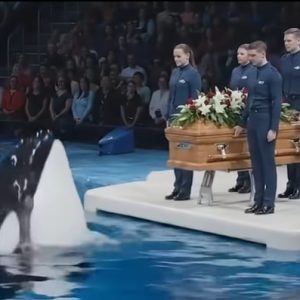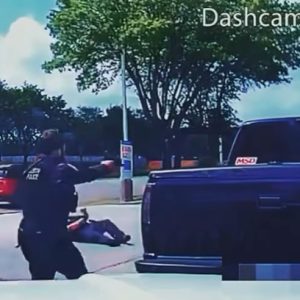It was just another jog through the park—until I saw him. An old man with a long white beard, pulling a little cart. Inside lay a gray-muzzled dog, unmoving but peaceful. A younger dog trotted beside them.
Something made me stop. “Why not let him go?” I asked, more bluntly than I meant.
The man looked at me calmly. “He’s not suffering. He’s just old. Like me.”
He explained how that dog—Dusty—once saved his life. Got him out of bed when depression kept him there. Made him walk, eat, laugh again.
“Now he can’t walk,” the man said. “So I walk for him. That’s the deal.”
For days, I couldn’t shake the moment. I avoided the trail, maybe out of guilt. But eventually, I returned—and saw him again. This time with his teenage granddaughter, Anya. She smiled and told me Dusty was twenty years old. “Grandpa’s had him since he was a pup.”
We started walking together on Tuesdays. No words needed, really. Just slow steps, quiet love.
One morning, Dusty seemed especially tired. The next week, they weren’t there.
I found Anya sitting alone. The cart was empty.
“He passed in his sleep,” she said. “Grandpa told him he could rest now.”
She handed me a photo of Dusty as a pup. “He wanted you to have this. Said you’d understand.”
And I did.

Because it wasn’t about a dog—it was about love. The kind that shows up every day, even when it’s hard.
Weeks later, I saw the old man again. No cart this time—just him, walking with a cane, the younger dog at his side.
“Love,” he said quietly, “isn’t about holding on. It’s about carrying someone when they can’t go on—and letting them go when it’s time.”
Now, every Tuesday, I walk the trail with my own old rescue dog. Because love isn’t loud. It’s steady. It’s a promise you keep—even after the wheels stop turning.
So next time you see someone carrying more than they should, maybe don’t ask why.
Maybe ask who they’re doing it for.





